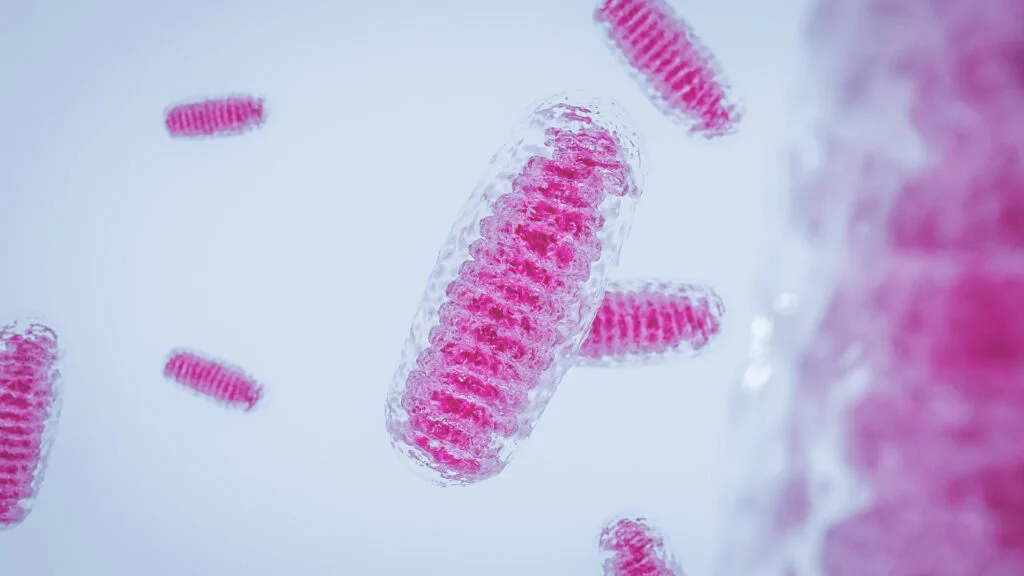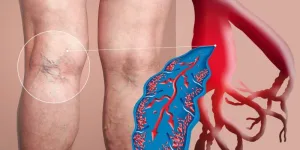Mitochondrial Replacement Therapy: A Ray of Hope for Preventing Genetic Diseases
Mitochondrial replacement therapy (MRT) offers a revolutionary approach to preventing the transmission of mitochondrial diseases from mother to child. These diseases, caused by faulty mitochondria, can lead to a range of severe health problems in newborns. While MRT has shown promise, it remains a complex and ethically debated procedure, and is not currently approved for use in the United States.
What is Mitochondrial Replacement Therapy?
Mitochondria are the powerhouses of our cells, responsible for generating energy. When a mother carries faulty mitochondria, these defects can be passed on to her children, leading to debilitating and potentially fatal conditions. MRT aims to circumvent this by replacing the mother’s faulty mitochondria with healthy ones from a donor.
Types of MRT Techniques:
- Maternal Spindle Transfer: The mother’s chromosomes are transferred from her egg to a donor egg (with its own chromosomes removed) containing healthy mitochondria. This reconstructed egg is then fertilized.
- Pronuclear Transfer: The egg is fertilized by sperm, and then both the mother and donor’s chromosomes removed and transferred to the healthy donor egg.
Benefits of Mitochondrial Replacement Therapy
The primary benefit of MRT is the potential to prevent serious mitochondrial diseases in children. These diseases can affect various organs and systems, leading to:
- Muscle weakness
- Seizures
- Developmental delays
- Heart problems
- Vision and hearing loss
Ethical and Regulatory Considerations
MRT raises several ethical considerations, including:
- The long-term effects on children born using this technology
- The potential impact on the human germline
- The rights and welfare of all parties involved, including the donor
Due to these concerns, MRT is heavily regulated worldwide. While the United Kingdom has approved its use under specific circumstances, it remains unapproved in the U.S., pending further research and ethical evaluation.
Final Overview
Mitochondrial replacement therapy holds incredible promise for families at risk of passing on mitochondrial diseases. However, thorough research, ethical debate, and careful regulation are crucial to ensure its safe and responsible implementation. As scientific understanding evolves, the future of MRT will depend on addressing these key considerations.




+ There are no comments
Add yours